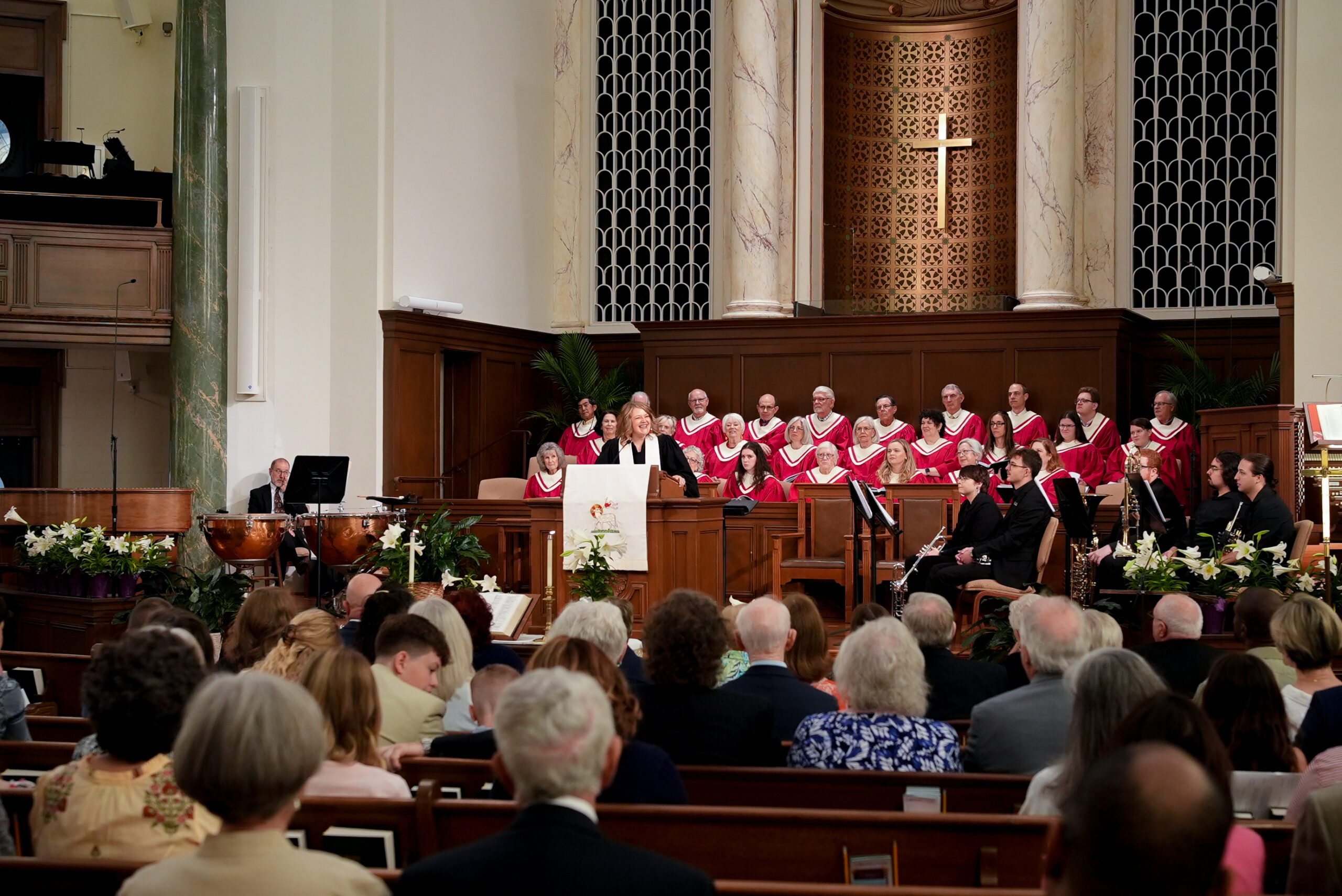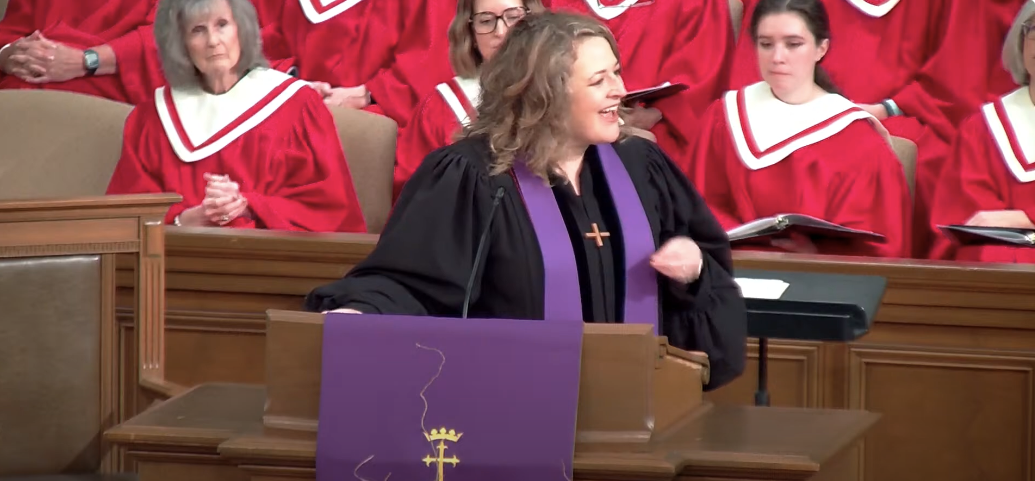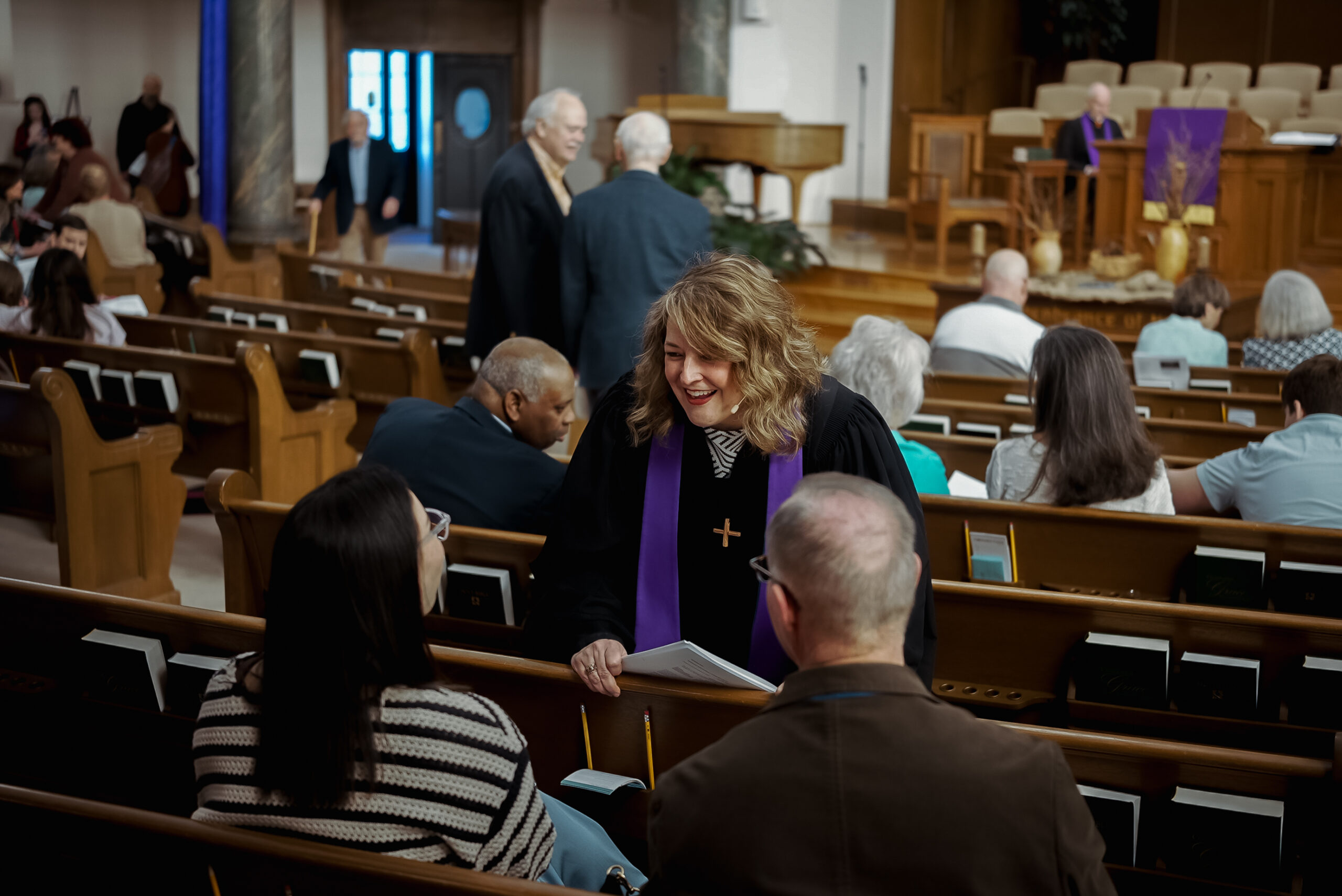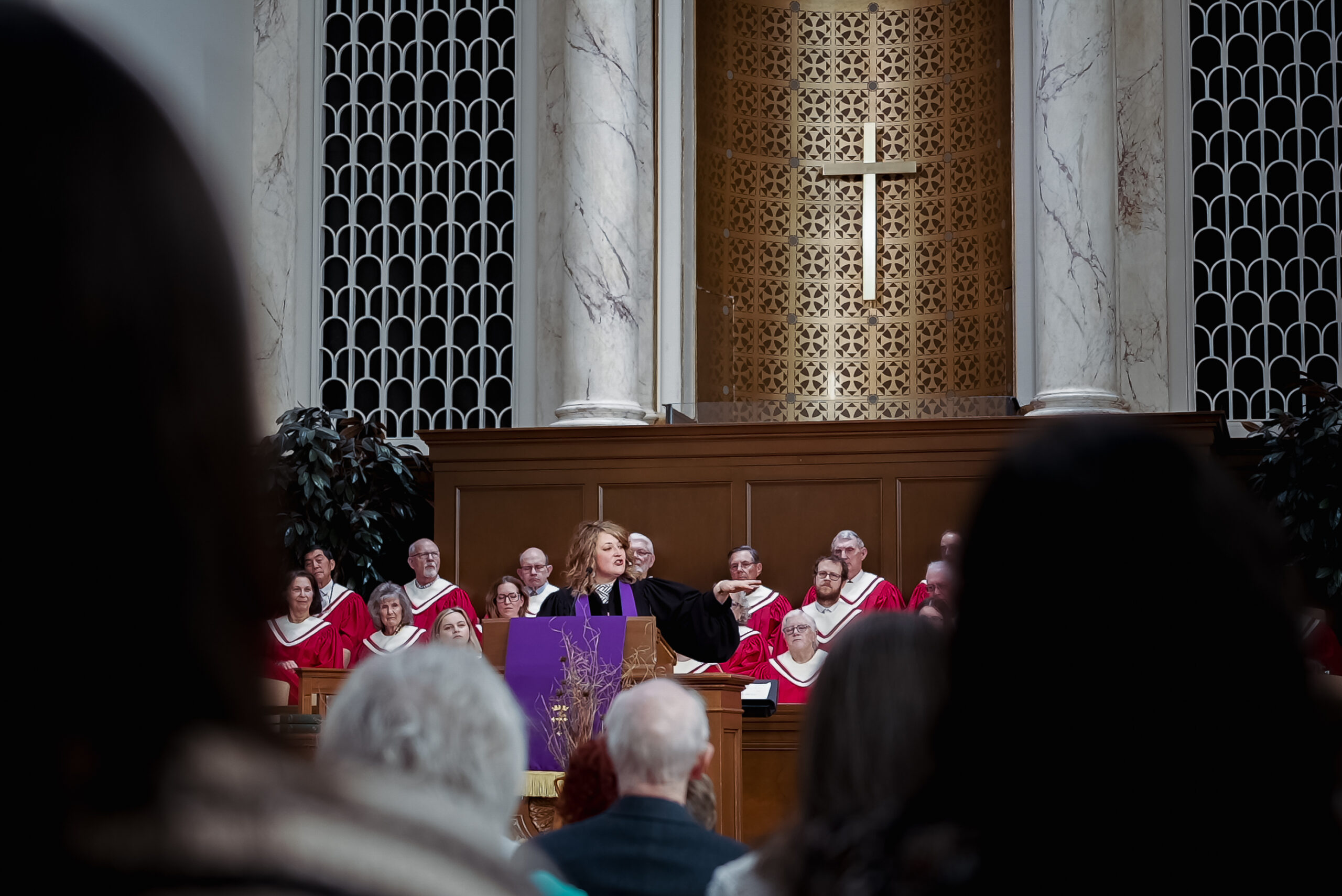I.This past Saturday, I took to our sunroom with what an author I like calls “a heap of big black trash bag energy.” I call it a sunroom instead of perhaps its more appropriate moniker, the mudroom. Just off our driveway, this 10×10 square of a tiny room becomes the exact place for the post-school, post-work drop and dump. You know exactly what I’m talking about, I’m sure. Backpacks, coats, umbrellas, shoes, gloves, water bottles, artwork, footballs, tennis balls, and the like. It’s also the place that our dog, Lou, most easily finds things to chew, so at any given point, there are little pieces of a homework assignment or a cheap toy that she’s found and littered all over the floor, intermingled with the detritus and leaves that come in from the outside, mixed with just the regular dust and dings of a busy family of five. Doesn’t my sunroom sound glamorous?
Saturday marked the end of basketball season (and the big bags and basketballs taking up space), and at least for the 75-degree day, the end of winter (and the snow boots, gloves, hats along with it). The cluttered, dirty, overstuffed sunroom is our first stop into the home, and by March 1, I had just about had it with this space. So while the kids were out with neighbor friends, I removed nearly everything from the sunroom and attacked it with my bottle of cleaner and rags. No surface was safe. No shoe would go unattended. No random lanyard keychain would stay stuffed under the key bowl. All of it – gone, cleaned, vacuumed, organized, put away. For a 10×10 room, I’m slightly embarrassed to tell you how long this process took. One at a time, I brought the larger items back into the room, but far less than before. A fresh rug grounded the space. The air smelled clean. Dirty fingerprints no longer dotted the door frames. Seasonal items stored until next year. When I tell you that I felt like I could take a deep breath in my home for the first time in two months, it’s not the exaggeration I wish it was! A cleared out threshold has lightened me – perhaps to my family’s chagrin, invigorated me for the next space to tackle, but mostly has created a crisp, clean space – physical, emotional, spiritual – from which to come and go.
II.Create in me a clean heart, o God, the Psalmist prays. Blot out my transgressions. Wash me from my iniquity. Cleanse me from my sin. Purge me, wash me, restore me, sustain me.
You might call this spiritual big black trash bag energy, this prayer of cleansing and pardon offered by King David. David’s plea for forgiveness came as the prophet Nathan confronted him about his failures: that is, how he had committed adultery with Bathsheba, and then attempted to seal his place in her life by having her husband Uriah killed in war. From this low place, David cries out to God for mercy, in words of confession and repentance that have resonated throughout generations of people who, for any reason, have sought God’s grace.
But the heart of the psalm lies less in the actual act of confession to God, but instead what God does in response. God transforms! Wash me from my iniquity, David prays. Cleanse me from my sin. Create in me a clean heart, o God. Put a new and right spirit within me, or in another translation, an upright, steadfast, firm spirit – firm particularly in moments of temptations thanks to God’s creative power.1 Forgive me. “To be forgiven,” as one scholar says, “is to be changed. It is to slough off the old and put on the new – to exchange the heart of despair for a heart of service of God.”2
The heart, ancient mystics tell us, is “the primary organ of our physical, emotional, and spiritual well-being, the dwelling place of the divine presence.”3 One theologian put it this way: “for the early Hebrews, the heart involved not just activity but also receptivity. They viewed the heart as the inner seat of the human’s whole being. As such, it was the organ of capacity for God’s very self: it was the locus not only of choice and motive but also of one’s fundamental orientation toward life. In the heart, we are formed and reformed into the person we most long to be.”4
With that notion, it is as if clearing out the debris of one’s heart makes room for life. And often it’s only in the clearing out, that we realize just how much we’ve been shaped by the clutter that had been there all along.
III.Scripture calls that clutter of the heart “sin.” It’s a hard word for modern Christians to reckon with, particularly ones like many of us who have experienced alienation from others’ limited view of it. Listen to Debie Thomas’s compelling word about sin: “Sin is the broken state of our world, the hard reality of our universe, the layered zeitgeist of human life. To confess that we ‘live in sin’ is not simply to confess private moral failings. It is to name something universal and cosmic that wars so insidiously within us, between us, and around us that it twists and deforms our souls and our societies…. Sin is a deadly, malevolent force that wars against creation. It’s a power that seeks to diminish, distort, and destroy our dignity as beloved children of God. It’s not primarily an act or an inclination. It’s a prison cell I can’t escape on my own.”5
I can’t help but to think of sin in this way when reading the words of Assata Shakur, who said, “people get used to anything. The less you think about your oppression, the more your tolerance for it grows… but to become free, you have to be acutely aware of being a slave.” And of this, Cole Arthur Riley says, “and the freer one gets, the more their hunger for liberation loudens.”6
People get used to anything – even, especially, sin. Like a cluttered sunroom. Like a relationship littered with lies and half-truths. Like a life strewn about with addictions and fears that have taken over. Like a society deformed by power and greed and pride. Like a jumbled up way of living in need of a spring cleaning to set things right. Seems that rarely we do it intentionally – the accepting and acclimatizing and adjusting just … well… happens, like the frog in the pot of boiling water who doesn’t realize just how hot it has become until it’s too late. We need the intentionality, the clarity that comes with this kind of examination. We need a season like Lent to practice it. And we need God to love us and guide us along the way. Again from Debie Thomas: “we cannot love our way into our own liberation; we need the cruciform love of Christ to course through us.”7
IV.Beloved church, this year during Lent, I want to invite you – invite us – into a season of clearing out. I don’t know what in your heart needs clearing out, but you do. You know it, though you may wish you didn’t.
Before you get to your heart, perhaps you need to clear out actual, physical clutter – all that jumbles up your home, your desk, your car, your office, the landscape of your daily life with the items you think are bringing you safety and comfort but are actually exhausting you with lingering memories and unmade decisions.8 What if you removed one item a day for forty days? What might that do for the state of your heart?
Or maybe you need to clear out habits and practices that are in need of renovating – the daily doomscroll to numb and distract, the midnight snack or drink attempting to assuage anxiety, the never-ending rush through your days with an endless desire for productivity, the way you snap at your spouse because you’re tired and scared at the state of the world and it’s easy. What if you refrained from one of these practices every day for forty days? What might that do for the state of your heart?
You may be one whose mind went right to a relationship in your life that needs an overhaul – the work colleague who diminishes your sense of self-worth, the person who wounded you in the past such that you’re still painfully affected in the present, the member of your family whose drama somehow crowds into your everyday conversations, the elected leader who has invaded your spirit with rage and despair. What if you made intentional efforts to work on this relationship, or at least your part of it, every day for forty days? What might that do for the state of your heart?
“Clearing out” for you might involve “giving up,” that common Lenten practice of refraining from an indulgence for the sake of piety, discipline, restraint, and solidarity. There may be something in your life from which you can refrain over the weeks ahead, a kind of fasting to empty yourself of one thing so that you can be filled more meaningfully with God. Giving up an item or practice during Lent is not about deprivation for deprivation’s sake; rather, it’s about remembering that I’m a whole person without it, that my heart and my life are more able to thrive when it isn’t present.
But maybe you need to “clear out” by “adding in.” Perhaps there’s a practice, an item, a rhythm, a commitment that you can add this Lent that has a clearing out effect on you.
Whether giving up or adding in, these Lenten practices are not a second try at some New Year’s resolutions, or a chance to experiment with a new spiritual self-improvement plan! Rather, the work of clearing out this year connects you to something larger than yourself and your life. Sacrificing something small may feel small in the grand scheme of things. You do so, not just for God, but for you. Therefore, you might tell yourself: I’m passing on this purchase, or that drink, or this passive aggressiveness, or that gossip, or this habit, or that desire, or this dopamine hit, or that tranquilizer, or this obsessive worry, or that fearful action – to remind yourself that you can live without it. You clear out your heart, refusing to get used to that which binds you anymore. You clear out your heart, hungering for God’s liberation more than you hunger for the world’s pacification. You clear out your heart and let the mystery and wonder that God is revealing take root. You clear out your heart to make way for resurrection.
For 40 days, at least. And then, of course, perhaps for a lifetime. For this love of God restores hearts. It rests in the very dust of which we were formed, carries us through the living of these days, and returns us to God at the end of this life. It sticks and stays, far longer than these ashes will on our brow.
V.In a moment, we’ll impose ashes upon our brow, and remember that you are dust. Smeared into your skin, this mark of dust blesses and celebrates the earthen vessel through which love is known. This mark reminds you that one day this body will reach its end, but until then, it holds infinite possibilities of life. This mark means that throughout all the changing seasons of life, when all else fails, you belong to God, beloved and claimed and created in God’s image and called very very good. This mark sears into your very body the work of clearing out that has begun in your heart.
When you feel the press of finitude, may you also feel the imposition of the future. Of clear-eyed hope. Of resolute peace. Of steadfast joy. Of fierce love above all else, right at the center of your heart.







